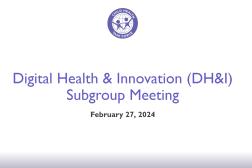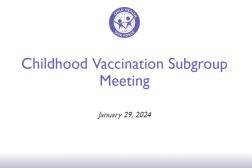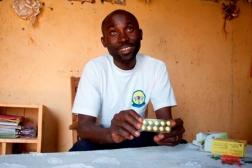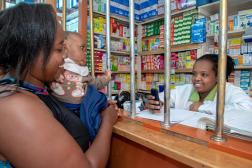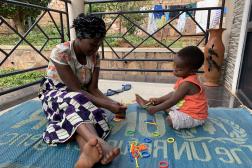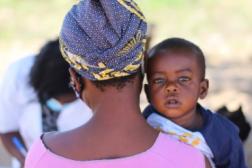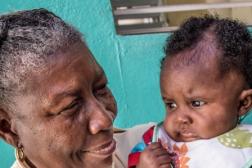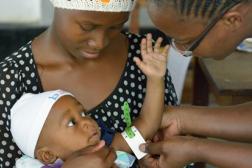Upcoming Events
Currently there are no upcoming events scheduled.
Past Events
- | Online
Digital Health and Innovations Subgroup Meeting
The co-chairs of the Digital Health and Innovations (DH&I) Subgroup hosted the first subgroup meeting of 2024.
During this meeting we discussed:
· priorities for webinars and other activities for the year ahead
· ways to support coordination between MOHs working in specific areas of digital health
- | Online
Childhood Vaccination Subgroup Meeting
The newly established Childhood Vaccination Subgroup has selected three co-chairs from a very strong field: Dr Jolem Mwanje from Impact Health Organization, Dr Oumar Diallo from the RAISE 4 Sahel Project, World Vision, and Dr Revati Phalkey from Save the Children!
At the first subgroup meeting of 2024, we invite you to meet our co-chairs and discuss priorities for the year ahead.
- | Online
Institutionalizing Supply Chains for Community Case Management
Community health workers are at the center of efforts to improve the delivery of and access to healthcare, and strengthening community health delivery is essential for their success. Community level supply chains represent a particularly challenging component of the community health delivery that must be strengthened to optimize community health worker programs.
- | Online
Sharing PPMV Engagement and Quality of Care Lessons Learned from Integrated Health Program Nigeria
This webinar built on findings and discussion of previous sessions hosted by the Child Health Task Force's Private Sector Engagement subgroup.
- | Online
Integration of ECD Interventions into Health and Nutrition Services: Experiences from Ethiopia and Mozambique
Momentum for integrating elements of the Nurturing Care framework that support early childhood development (ECD) outcomes, such as responsive care and early learning, into existing health and nutrition services is growing. Sharing these integration experiences would better support practitioners to learn from and apply these approaches to their own context.
- | Online
Commitment Progress Roundtable: 2nd Global Forum on Childhood Pneumonia
At this event, we learned about the progress made since the 2nd Global Forum on Childhood Pneumonia in April 2023 culminated in 37 milestone commitments to advance child survival efforts and accelerate achievement of the Sustainable Development Goals.
- | Online
Strengthening the Quality of Nutrition, Responsive Care, and Early Learning in Health Systems: Resources and Learning from USAID Advancing Nutrition
Over the past 5 years, USAID Advancing Nutrition has engaged in many activities to strengthen the quality of nutrition, responsive care, and early learning within health systems.
- | Online
Showcasing the Community Health Worker Assessment and Improvement Matrix (AIM) Tool in Fragile Settings
Community health workers (CHWs) are critical for providing healthcare services for children and women and contributing to health systems in fragile and conflict-affected settings. CHW programs play an important role in relating relief, rehabilitation, and development approaches, which aim to link short-term measures to longer-term development programs for a more sustainable response to health systems under stress.

